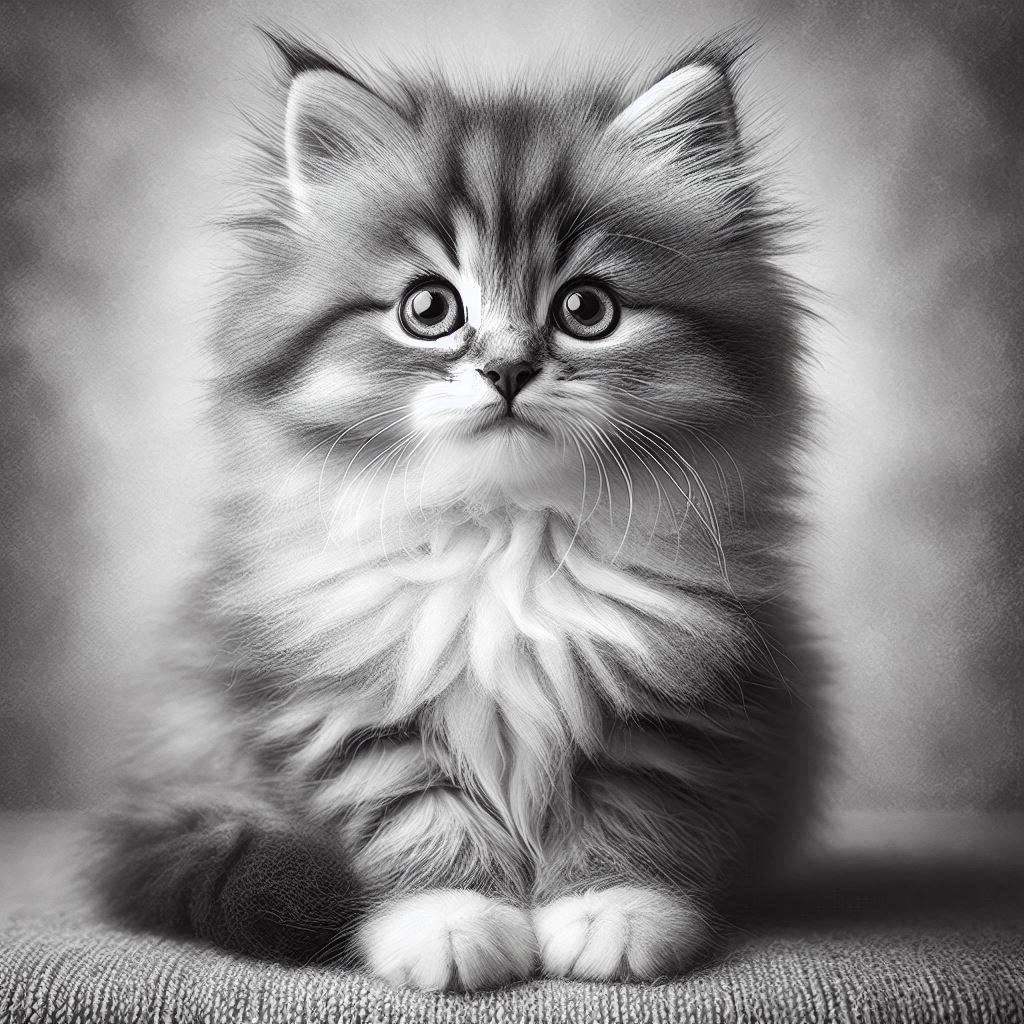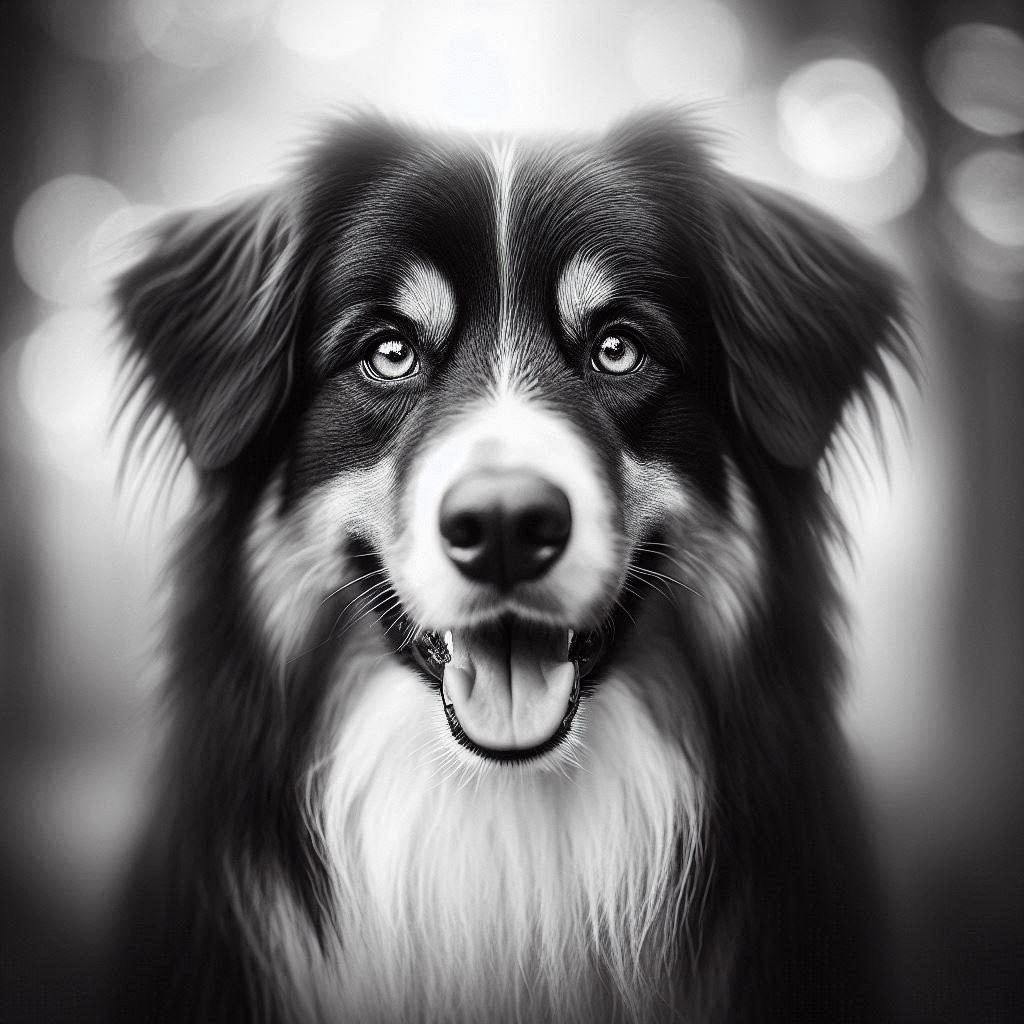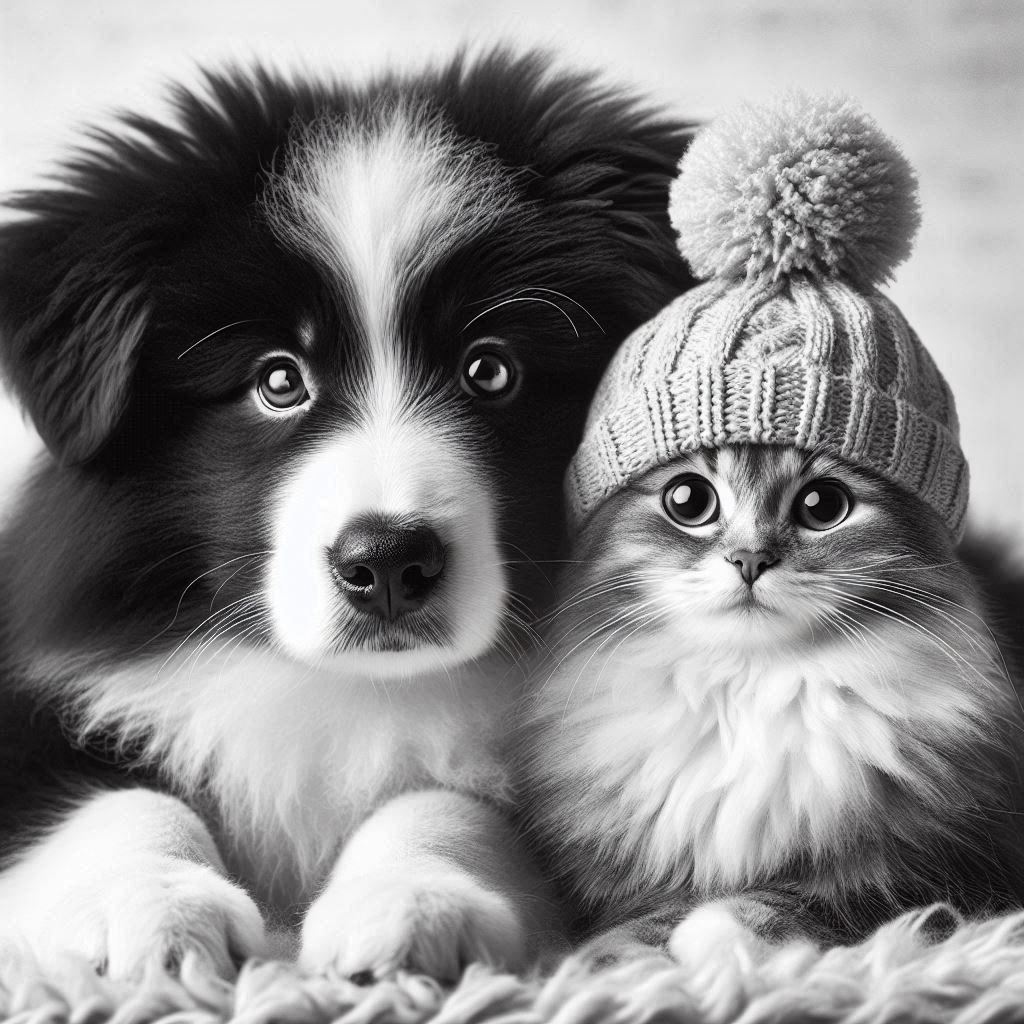Dog Lovers Vs Cat Lovers Psychology Behind Loving Fun Pet Preferences
Dog Lovers vs. Cat Lovers
Dogs vs. Cats
The choice between a dog and a cat as a pet often goes beyond mere preference. It reflects deeper psychological traits and personality characteristics.
Personality Traits and Pet Preferences
The Extroverted Dog Lovers
Research has shown that dog lovers often exhibit extroverted personality traits. They tend to be more outgoing, sociable, and energetic. According to a study conducted by researchers at the University of Texas, dog owners scored higher on measures of extroversion, agreeableness, and conscientiousness. These traits align well with the active and social nature of dogs, who thrive on interaction and companionship.
The Introverted Cat Lovers
In contrast, cat lovers often display introverted personality traits. They are more likely to be introspective, creative, and independent. The same study from the University of Texas found that cat owners scored higher on measures of openness to experience and neuroticism. Cats’ independent and low-maintenance nature resonates with individuals who value solitude and creativity.
Emotional Connection and Bonding
Dogs – Unconditional Love and Loyalty
Dog lovers often form deep emotional connections with their pets due to the dogs’ capacity for unconditional love and loyalty. The bond between dogs and their owners is characterized by mutual affection and a strong sense of companionship. Dogs’ eagerness to please and their empathetic nature create a nurturing environment where emotional bonds can flourish.
Cats – Mutual Respect and Independence
Cat lovers appreciate the unique bond formed through mutual respect and independence. While cats may not display affection in the same overt manner as dogs, they offer a sense of companionship that is subtle and nuanced. The relationship between cats and their owners is built on a foundation of trust and mutual understanding, where both parties respect each other’s space and autonomy.
Social and Environmental Influences
Dogs – Social Creatures in Social Environments
Dog lovers are often influenced by social and environmental factors that promote social interaction and physical activity. Living in communities with dog parks, pet-friendly events, and outdoor spaces encourages dog ownership. Additionally, social norms and cultural representations of dogs as loyal companions reinforce the appeal of having a dog as a pet.
Cats – Urban Lifestyles and Indoor Living
Cat lovers, on the other hand, may be influenced by urban lifestyles and indoor living environments. Cats’ low-maintenance nature and ability to thrive in smaller spaces make them ideal pets for city dwellers. The cultural representation of cats as independent and self-sufficient aligns with the lifestyle of individuals who prefer a more private and contained living arrangement.

Cognitive and Behavioral Differences
Dogs – Structured Training and Obedience
Dog lovers often appreciate the structured training and obedience that dogs require. Training a dog involves consistency, patience, and positive reinforcement, which can be rewarding for individuals who value discipline and order. The cognitive demands of training a dog also provide mental stimulation and a sense of accomplishment for dog owners.
Cats – Creative Problem-Solving and Play
Cat lovers enjoy the creative problem-solving and play that come with owning a cat. Cats’ natural curiosity and playful behavior encourage owners to engage in interactive and stimulating activities. The cognitive engagement required to keep a cat entertained and mentally stimulated appeals to individuals who enjoy creativity and intellectual challenges.
Health and Well-Being
Dogs – Physical Activity and Mental Health Benefits
Dog lovers often experience health benefits from the increased physical activity that comes with dog ownership. Regular walks, playtime, and outdoor activities contribute to cardiovascular health, weight management, and overall well-being. Additionally, the companionship of a dog has been shown to reduce stress and anxiety, promoting mental health.
Cats – Stress Reduction and Emotional Comfort
Cat lovers benefit from the stress-reducing effects of having a cat. The calming presence of a cat, combined with the therapeutic effects of petting them, can lower stress levels and promote relaxation. The rhythmic purring of a cat has been found to have a soothing effect, providing emotional comfort and enhancing well-being.

Childhood Influences and Pet Preferences
Dogs – Early Exposure and Positive Reinforcement
Childhood experiences play a significant role in shaping pet preferences. Individuals who grew up with dogs often develop a lifelong affection for them. Early exposure to positive interactions with dogs, such as playtime, training, and companionship, can create lasting memories and reinforce a preference for dogs as pets.
Cats – Nurturing Independence and Curiosity
Similarly, those who had positive experiences with cats during childhood may develop a preference for feline companions. Cats’ nurturing independence and playful curiosity can leave a lasting impression on children. Growing up with cats can teach children the importance of respect for boundaries and foster an appreciation for independent living.
Impact of Family Dynamics
Dogs – Enhancing Family Bonding
In family settings, dogs often play a central role in enhancing family bonding. The collective responsibility of caring for a dog, including feeding, walking, and training, can bring family members closer together. Shared activities involving the family dog create opportunities for quality time and strengthen familial relationships.
Cats – Encouraging Responsibility and Empathy
Cats also contribute to family dynamics by encouraging responsibility and empathy. The care and attention required for a cat, though less demanding than a dog’s, still teach valuable life skills. Children and adults alike learn to respect their pet’s needs, fostering a sense of empathy and compassion within the family unit.

Cultural and Societal Influences
Dogs – Historical Companions and Protectors
Throughout history, dogs have been companions and protectors to humans. Their roles as hunters, guardians, and herders have cemented their place in human society. This historical relationship influences contemporary pet preferences, as people continue to value the companionship and protection that dogs offer.
Cats – Symbols of Mystery and Elegance
Cats have long been symbols of mystery and elegance in various cultures. From ancient Egyptian reverence to modern-day internet fame, cats’ enigmatic nature captivates people worldwide. Cultural portrayals of cats as graceful and independent beings contribute to their allure and appeal as pets.

Psychological Benefits of Pet Ownership
Dogs – Promoting Routine and Stability
Dog ownership promotes routine and stability, which can have psychological benefits. The daily responsibilities of caring for a dog, such as feeding, walking, and grooming, create a structured routine that provides a sense of purpose and stability. This routine can be particularly beneficial for individuals dealing with stress or mental health challenges.
Cats – Fostering Mindfulness and Relaxation
Cat ownership fosters mindfulness and relaxation, offering psychological benefits to their owners. The calming presence of a cat, along with the rhythmic purring and gentle companionship, encourages mindfulness and relaxation. Interacting with a cat can provide a peaceful and meditative experience, promoting emotional well-being.
Conclusion
The psychology behind pet preferences reveals intriguing insights into the personality traits, emotional connections, and environmental influences that shape our choices. Whether you identify as a dog lover or a cat lover, the bond you share with your pet reflects deeper aspects of your personality and lifestyle. Embrace the unique qualities of your furry companion and celebrate the special relationship you have, knowing that your choice speaks volumes about who you are as an individual.
Join the Discussion
The age-old debate between dog lovers and cat lovers is one that sparks spirited conversations around the world. Now, it’s your turn to share your thoughts! Are you team dog or team cat? What psychological traits do you think influence your preference?








I apologise, but, in my opinion, you commit an error.
I’m really inspired along with your writing talents as neatly as with the format in your blog.
Is this a paid topic or did you modify it your self? Either way stay up the
nice quality writing, it is uncommon to peer a nice blog like this one these days.
LinkedIN Scraping!
Hello There. I discovered your weblog the usage of msn. This is an extremely neatly written article.
I will make sure to bookmark it and return to read more of your useful
info. Thanks for the post. I will certainly comeback.
You are mistaken. I can prove it. Write to me in PM, we will talk.